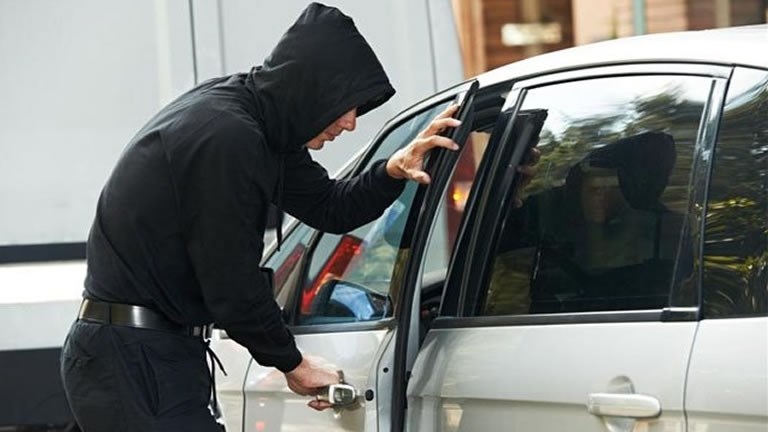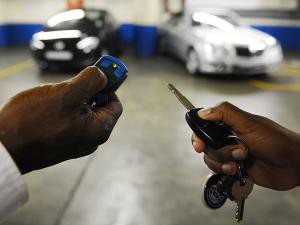South Africa
Remote jamming incidents on the rise in South Africa─── HEIDRÈ MALGAS 07:00 Sat, 28 Sep 2024

“Remote jamming is a tactic used by thieves to disrupt the signal from a car’s immobiliser preventing it from locking even when the owner presses the ‘lock’ button.”
With the festive season fast approaching South Africans are advised to be extra vigilant as remote jamming incidents are on the rise.
According to Old Mutual remote jamming is a tactic used by thieves to disrupt the signal from a car’s immobiliser preventing it from locking even when the owner presses the ‘lock’ button.
Here are some tips from Old Mutual Insure spokesperson Christelle Colman to avoid falling victim to remote jamming:
- Ensure your vehicle is locked: Don’t just press the lock button and walk away. Always double-check by trying to open the door after activating the alarm. If it opens, get in and drive away as criminals might be nearby.
- Stay vigilant: Be aware of your surroundings and watch out for suspicious individuals lingering around the parking area.
- Confirm locking sounds and signals: Listen for the sound your car makes when it locks and watch for the car lights to flash. Physically try to open the door to ensure it’s locked before leaving.
- Choose safe parking spots: Park near the entrance of a shopping centre where there are many people and higher visibility, or in the view of a camera. Always stay alert to activities around you.
- Report suspicious activities: Notify security about suspicious individuals or move your vehicle to a safer location.

Don’t just press the lock button and walk away. Photo: weloveit.africa
Private investigator Mike Bolhuis said remote jammers are compact, easily hidden devices that disrupt the signal between a car’s remote and its central locking system.
“The implications of remote jamming extend far beyond just stealing items from cars,” said Bolhuis.
Homes, businesses more vulnerable
“Criminals employ these techniques for vehicle and cargo theft as well. These jamming devices are instrumental in truck and cargo hijackings, as well as home and business robberies.”
Remote jamming can also deactivate alarm systems and interfere with security communications, significantly increasing the vulnerability of homes and businesses to break-ins.
Bolhuis gave the following precautionary measures:
- Advanced security systems: Some vehicles have features to detect jamming, but they aren’t foolproof.
- Signal Detection Devices: Anti-theft devices can alert to jamming but aren’t widespread.
- Avoid distracted driving: Thieves target those distracted, e.g., using phones while locking cars. Stay alert.
- Disable remote: Manually lock your car, particularly in high-risk areas, to avoid jamming.
- Educate family: Inform family about jamming tactics and ensure they take precautions.
- Double-check locks: After locking, physically check doors to ensure they’re secure. If not, drive away.
- Stay alert: Be aware of your surroundings and suspicious individuals in parking areas. Trust your instincts.
- Conceal valuables: Avoid opening your boot in public and don’t leave valuables in plain sight.
- Choose safe parking: Park in well-lit, secure areas with visible security. Consider GPS tracking for added security.
Colman urged all vehicle users and policyholders to ask their broker or check if they are adequately covered for such incidents, especially since it’s not only traumatic to fall victim to vehicle jamming, but it could also be very costly if not insured.
OFM News mvh/mc














